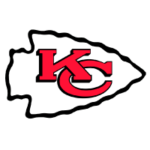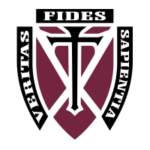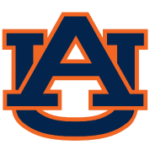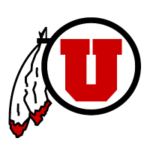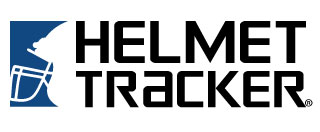Main Content
Colleges
Schools
Pro Teams
Youth Leagues
We track all types of equipment
Helmet Tracker is a sports equipment technology that offers a comprehensive set of software application services and technology solutions for the sports equipment industry. We serve youth leagues, schools, colleges, community colleges, and professional sports teams. We work closely with manufacturers and reconditioners to ensure your information is correct.
In addition to providing software applications services, our team also designs and builds custom solutions for our enterprise customers and innovative equipment managers who are making a difference in improving the safety of all athletes.
Eleven years ago, we set out to track football helmets, and now we actively help organizations track and manage all types of sports equipment. We figured since we can track millions of football helmets, why not help others track all of their equipment. Please join us and be an integral part of the sports information network.
In addition to providing software applications services, our team also designs and builds custom solutions for our enterprise customers and innovative equipment managers who are making a difference in improving the safety of all athletes.
Eleven years ago, we set out to track football helmets, and now we actively help organizations track and manage all types of sports equipment. We figured since we can track millions of football helmets, why not help others track all of their equipment. Please join us and be an integral part of the sports information network.
![]()
Equipment Ops is a cloud-based inventory management system built to help equipment managers, coaches, and ADs with their daily operations. Our order automation, inventory tracking, personnel profiles, size updates, and equipment return capablities, we provide the information you need, when you need it, to meet your operational demands. Mobile app included.
A few of our customers
